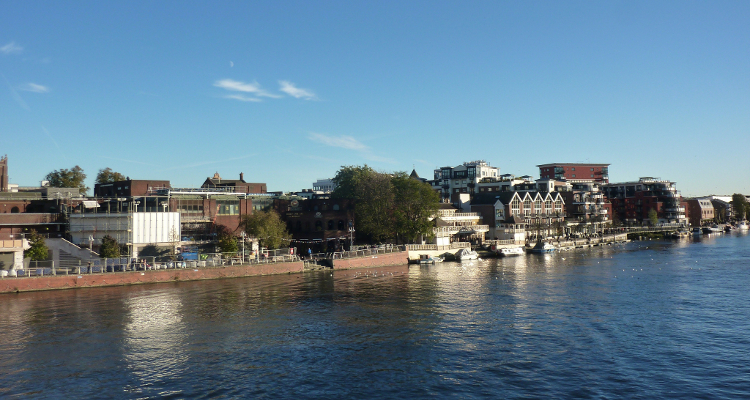In the United Kingdom, after reviewing the results of a public consultation began in June, councilors for the southwest London borough of Kingston Upon Thames used a licensing committee meeting on Tuesday to unanimously uphold the area’s ‘no casino’ policy.
According to local media reports, the upmarket district, which lies a little over six miles from the Grosvenor Casino Gloucester Road in the borough of Kensington And Chelsea, has maintained an official ban on casinos since 2007 but invited public opinion on this policy over the summer as part of a ‘regular review’ following similar reassessments in 2009 and 2012.
“We have an absolute responsibility to ensure that the licenses we issue to allow premises to offer gambling are appropriate and don’t impact upon the local area,” Mike Head, Licensing Committee Chairman for Kingston Upon Thames London Borough Council, announced in June. “As part of this, we are consulting with our residents to gauge feeling on allowing casinos to operate within the borough as part of our Gambling Act consultation. [Kingston Upon Thames London Borough Council] has consulted widely on this issue previously in 2009 and 2012 as well as a brief review in 2015. The decision was taken during these reviews that casinos weren’t welcome. As part of this review and consultation, we are asking whether it is still the case. We also want to hear views on what considerations local people would expect license holders to be mindful of when making applications in the borough. Take part in the consultation, have your say and shape your borough.”
Despite the appeal, Kingston Upon Thames London Borough Council revealed that it received only 61 responses with 88% of these against any reversal to the “unwelcome” policy on casinos.
“The majority of consultation submissions were against casinos,” read a statement from Kingston Upon Thames London Borough Council. “Casinos have the potential to cause harm. Casinos do not form part of Kingston [Upon Thames’] economic strategy. Respondents were concerned that the distance from an applicant’s property that we say we will write to notify residents of an application, is too small.”



